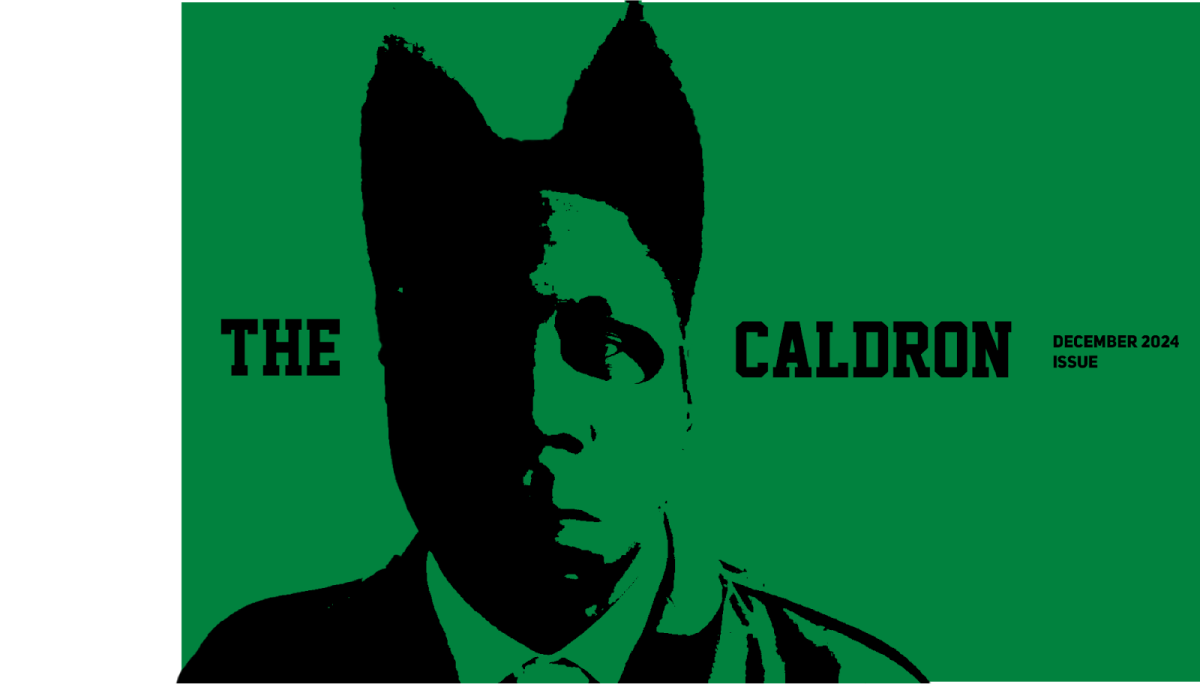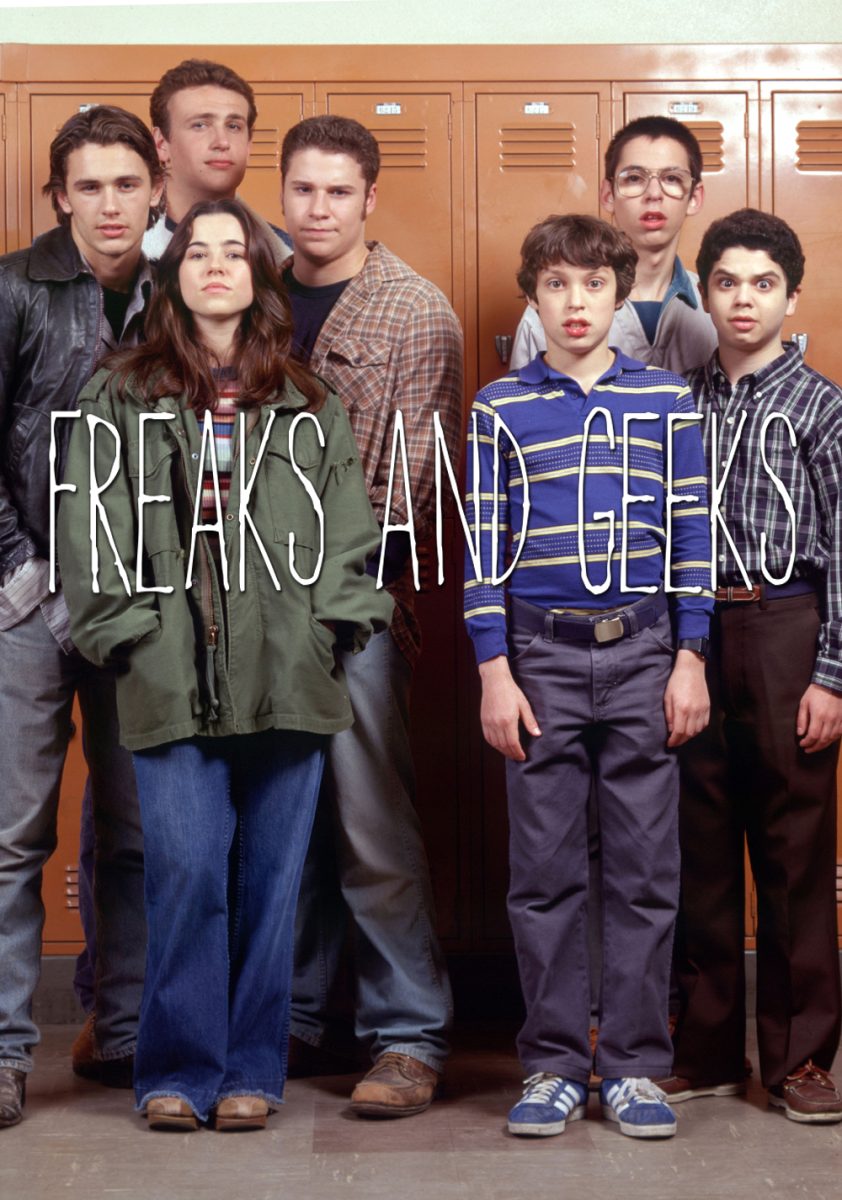To The Editor,
I read an interesting article in the last issue of The Caldron speaking about the problems associated with today’s system of campaign financing. For the most part, I agreed with the overall message of the article saying that current methods can be unfair to competent candidates who are unable to raise enough money to run a large campaign.
Despite my feelings, when I was reading the article, I found that there was one paragraph that struck me as being more radical than the rest. It mentioned how the Republican Party receives more donations from large corporations, how Republicans want to limit the power of unions to donate to campaign funds that usually benefit the Democratic Party, and how without the funds provided by these unions, “The Democrats will have to rely on only their constituents who unfortunately do not have the same income as Donald Trump.”
The whole idea of that paragraph, placing the blame for the issue almost entirely on the Republican Party, came off as a little extreme. Yes it is true that Republicans do tend to receive larger amounts of donations from big businesses, and yes Republicans would like to limit the ability of unions to demand dues from workers in order to protect people from being pressured into joining organized labor; inadvertently cutting the spending power of unions similar to what we have seen in Wisconsin and Michigan. Although it is true that these characteristics and policies are partly to blame for the problem, the claim that Democrats do not have wealthy individual donors is blatantly incorrect. I decided to research the facts behind that last claim and discovered a website, called CampaignMoney.com, that takes the information provided to the public by the Federal Election Commission regarding donations to campaigns from wealthy individuals and simplifies it into a chart describing the amount of each donation and to whom it went. While on that website, I found the following information about some well-known wealthy individuals:
Bill Gates, whose net worth is estimated by Forbes to be $66 billion, contributed $239,440 to various Democratic campaigns in the last decade.
Warren Buffett, estimated to be worth $46 billion dollars, donated $100,000 since 2011 to Democratic campaigns.
Despite Michael Bloomberg, worth $25 billion, being the Mayor of New York City as an Independent and former Republican, he donated $13 Million dollars to Democratic campaigns and liberal organizations since January of 2011.
The designer Ralph Lauren, worth $6.5 billion, donated $35,800 to President Obama’s campaign.
Film director Steven Spielberg, who has a net worth of $3.2 billion, gave over $109,600 to individual Democratic campaigns in the 2012 election.
There are many others who could also be included on this list, but these are a few of the most well known. I also ask you to consider the following point: Even if Republicans outraised Democrats, the Democratic Party still was able to win the majority of the elections last November.
For the record, I am not trying to sound like a bitter conservative who is still upset because of the results of the election, and I am certainly not trying to say that Democrats have an advantage over Republicans. What I am saying is that generalizing liberal individuals who donate to the Democratic Party as poorer people is an inaccurate practice, especially when you compare them to Donald Trump, who is worth $3.1 billion (compared to Gates’ $60 Billion) and donated $152,900 to Republican campaigns in 2012, and $1,200 to the Democrat, Kathy Hochul’s campaign for the House.
In the greater picture, I agree with the rest of the message: how the current campaign system calls for the rich, career politicians to have the larger say in the proceedings in Washington DC and is unfair to the less wealthy, but competent, candidates. Buddy Roemer was mentioned; he is a credible example of the political process gone wrong and had the Founding Fathers seen what happened to his campaign, they would surely have gotten sick. However, it is an issue whose fault lies collectively in all things political, not solely in the hands of Donald Trump, Barack Obama, or the GOP National Chairman. A solution is not going to come from pointing fingers or accusing the party that gets more money in one sector of campaign donations of obtaining an upper hand. An answer will come from compromise, civility, and rationality.
Sincerely,
Tom Rowland
JCHS Senior



























